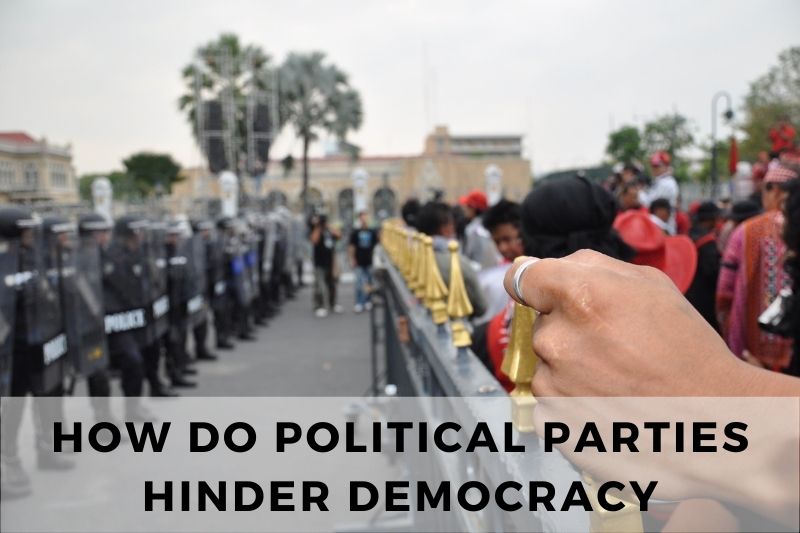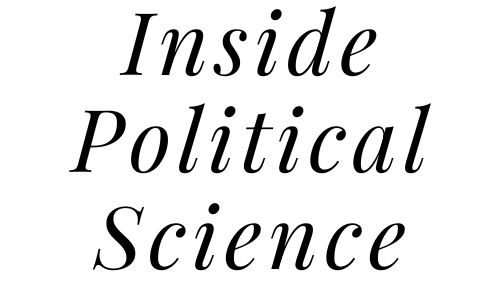
Political parties play a crucial role in democratic systems, wielding considerable influence over governance and policy making. However, their impact isn’t always positive. This article explores how political parties can hinder rather than facilitate democracy. By examining key factors such as polarization, elite dominance, money in politics, lack of diversity of ideas, and exclusionary practices, we shed light on the challenges that arise when parties prioritize their interests over the principles of democracy. Understanding these dynamics is essential for fostering healthier democratic processes and ensuring the representation of diverse voices in governance.
How Do Political Parties Hinder Democracy
#1. Polarization and Divisiveness
Political parties foster polarization by emphasizing “us vs. them” dynamics, hindering cooperation essential for democratic governance. This division leads to gridlock and erodes trust in institutions. For instance, partisan deadlock in legislatures impedes progress on critical issues, undermining the democratic process.
#2. Dominance of Party Elite
A small group of elites often controls political parties, sidelining ordinary citizens. Undemocratic processes like opaque candidate selections favor insiders over grassroots movements, limiting political diversity. This elite dominance perpetuates narrow interests, weakening democratic representation and fostering disillusionment among voters.
#3. Money in Politics
Political parties rely heavily on fundraising and corporate donations, skewing policy priorities away from the public interest. The influence of money in politics is evident in campaign spending and lobbying efforts, sidelining ordinary citizens. Such disparities undermine democratic principles by prioritizing the interests of wealthy donors over the broader electorate.
#4. Lack of Diversity of Ideas
Political parties promote a limited range of ideas, stifling innovation and critical thinking. Groupthink prevails as party loyalty stifles open debate. This ideological conformity limits policy options and fails to address the complex challenges facing society, hindering democratic progress.
#5. Exclusionary Practices
Some political parties resort to exclusionary tactics like gerrymandering and voter suppression to maintain power. These practices undermine democratic principles by disenfranchising certain segments of the population and distorting electoral outcomes. By manipulating the electoral process, parties undermine fairness and equality, eroding the foundations of democracy.
Closing Thoughts
Political parties wield significant influence in democratic systems, but their actions can both strengthen and undermine democratic principles. Recognizing the pitfalls highlighted in this discussion is crucial for safeguarding the integrity of democratic processes. By addressing issues such as polarization, elite dominance, money in politics, lack of diversity of ideas, and exclusionary practices, societies can strive towards more inclusive and equitable governance. Ultimately, fostering transparency, accountability, and civic engagement within political parties is essential for upholding the ideals of democracy and ensuring that all voices are heard in the political arena.
